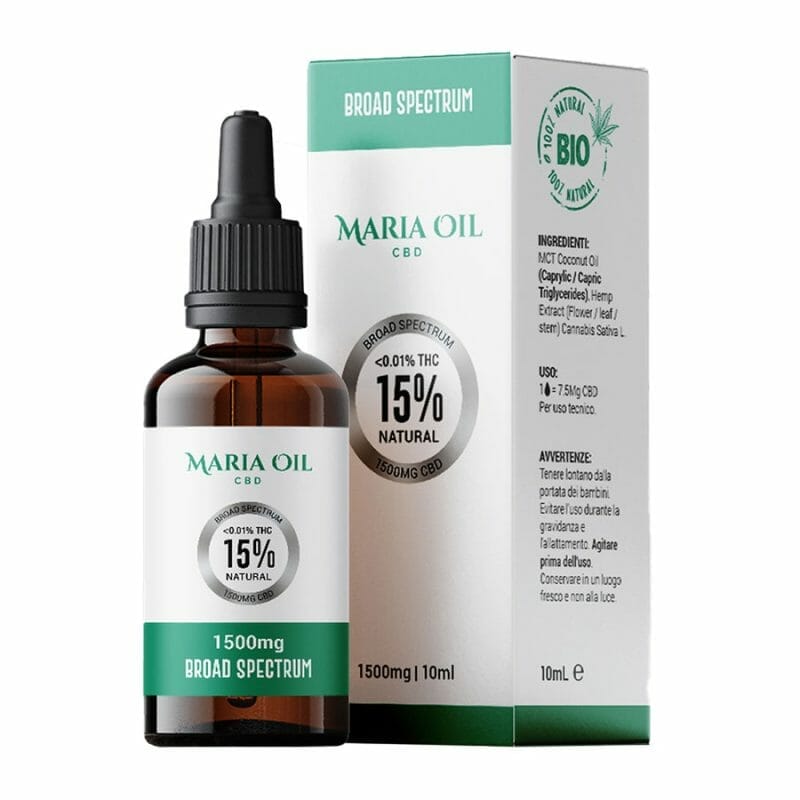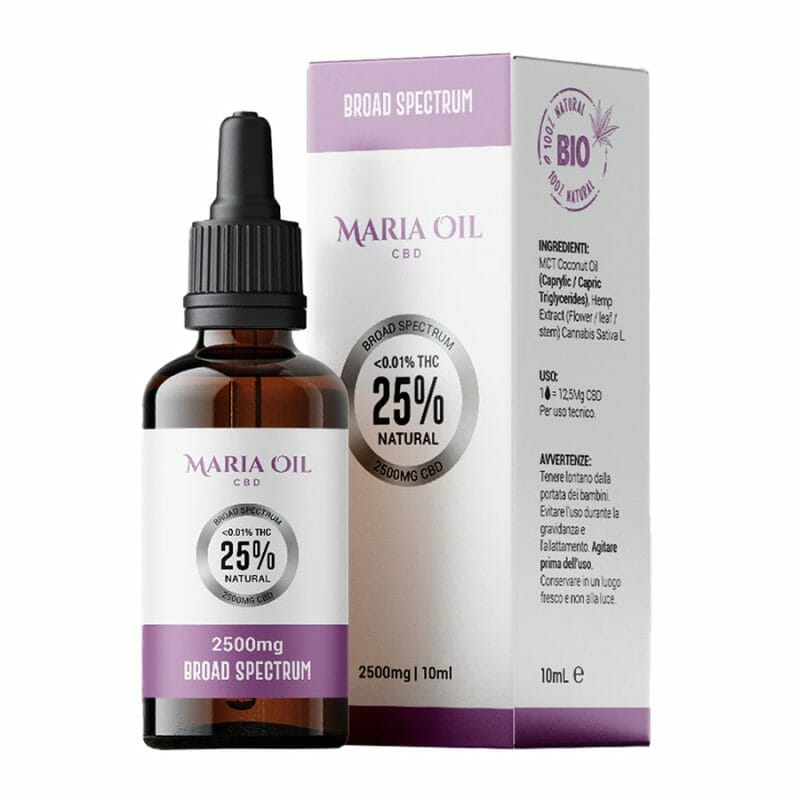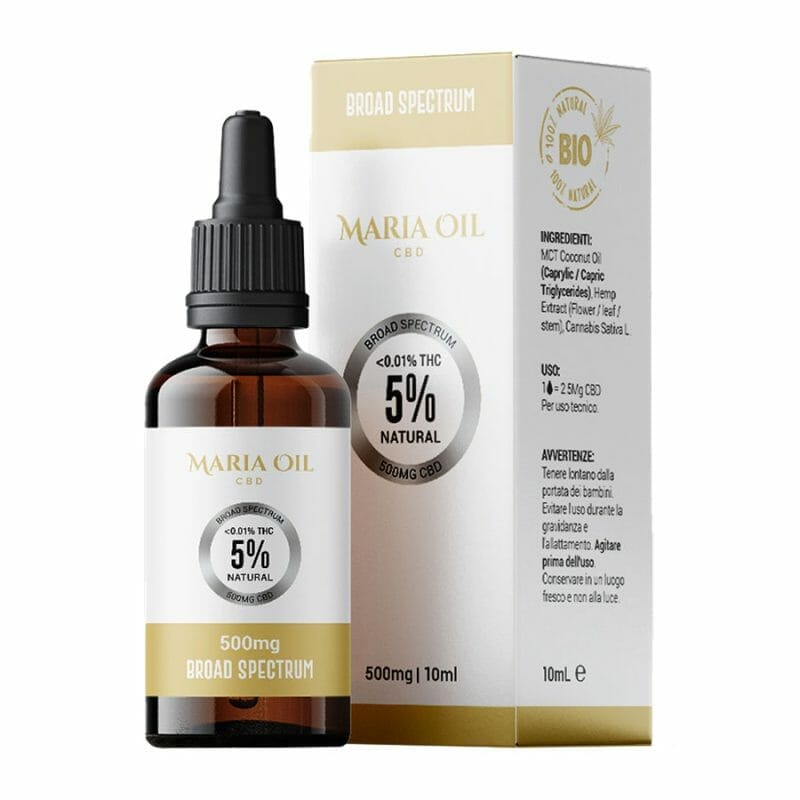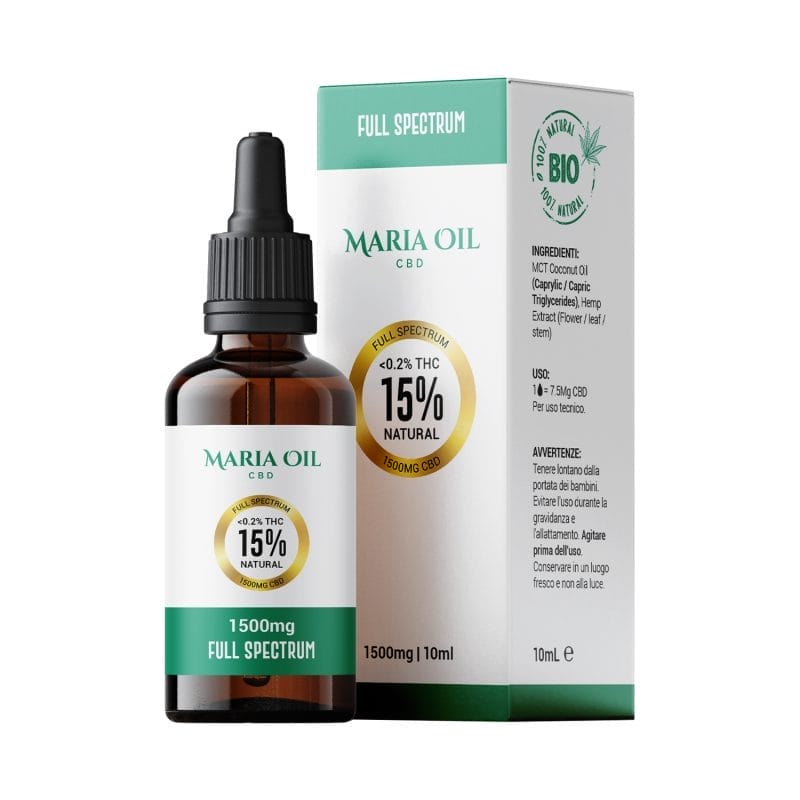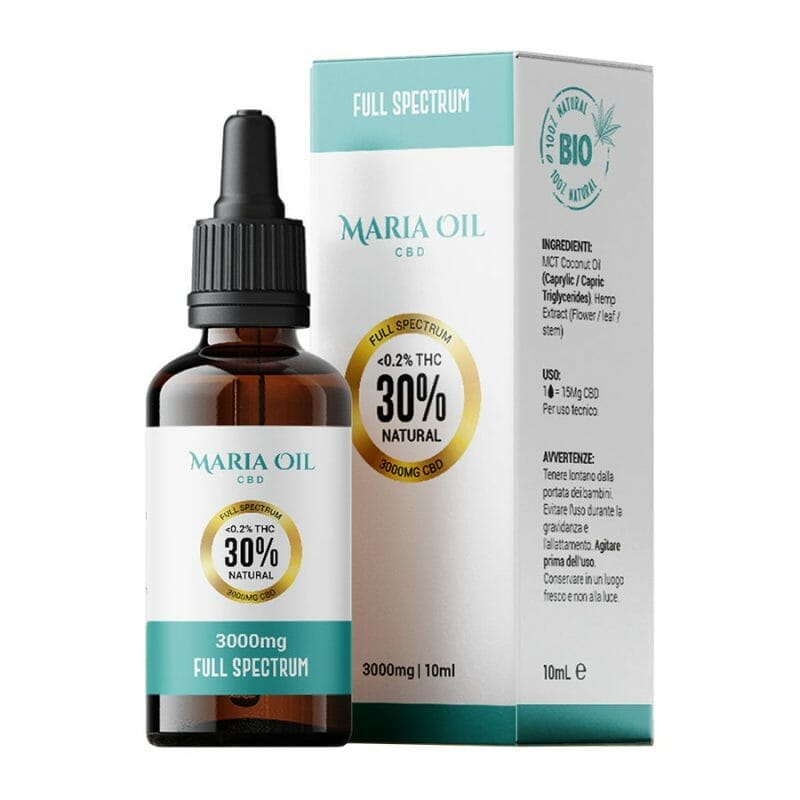Parkinson’s disease is a neurodegenerative disease from which unfortunately millions of people suffer. It manifests itself mainly through motor symptoms such as tremors, muscle rigidity, bradykinesia (slowness of movement) and postural instability. In addition to motor symptoms, many patients also experience non-motor disorders, such as sleep problems, depression, anxiety, and cognitive dysfunction.
The complexity of symptoms makes the management of the disease extremely difficult, significantly affecting the quality of life of patients and their families.
Currently, the treatment of Parkinson’s is mainly based on the use of drugs that aim to increase or replace dopamine, a neurotransmitter deficient in patients with the disease. However, these treatments usually lose efficacy over time and can cause significant side effects. The need for new therapies, possibly with fewer adverse effects, is therefore paramount.
Within a similar context, the search for natural solutions has gained ground.
Among these, cannabidiol, better known as CBD, emerges as a promising therapeutic option. CBD is a natural compound extracted from the cannabis plant, known for its anti-inflammatory, neuroprotective and anti-anxiety properties.
Several preliminary studies and numerous anecdotal reports suggest that CBD may help reduce Parkinson’s symptoms by improving sleep quality, reducing anxiety and alleviating tremors. Although research is still in its early stages, interest in CBD as an alternative and complementary treatment continues to grow.
We then find out how CBD and Parkinson’s are connected and how it could help improve symptom management and, consequently, the quality of life of patients suffering from the disease.
Parkinson’s disease and CBD
The link between CBD and Parkinson’s lies in the therapeutic properties that CBD can offer to alleviate the symptoms of the disease.
CBD is known for its neuroprotective properties, which could help protect neurons from degeneration. This is particularly relevant for Parkinson’s, where the loss of dopamine-producing neuronal cells is a key problem. Reduced dopamine levels in the brain are in fact one of the main causes of Parkinson’s motor symptoms.
Brain inflammation is considered as one of the factors that contribute to the progression of Parkinson’s. CBD has antiinflammatory properties, which may help reduce brain inflammation and potentially slow down the progression of the disease.
CBD also appears to have positive effects on some of the more debilitating symptoms of Parkinson’s such as tremors, anxiety and depression, and sleep quality.
There are many testimonials on CBD oil for Parkinson’s, with varying experiences. Some people report relief from symptoms such as pain, tremors and stiffness, while others have noticed no significant benefit. It is important to remember that anecdotal evidence is not scientific proof of CBD’s efficacy and that the quality and formulation of CBD products can vary widely.
-
Product on sale
 CBD oil 15% (1500mg) Broad SpectrumOriginal price was: £39.00.£33.15Current price is: £33.15.
CBD oil 15% (1500mg) Broad SpectrumOriginal price was: £39.00.£33.15Current price is: £33.15. -
Product on sale
 CBD oil 25% (2500mg) Broad SpectrumOriginal price was: £59.00.£50.15Current price is: £50.15.
CBD oil 25% (2500mg) Broad SpectrumOriginal price was: £59.00.£50.15Current price is: £50.15. -
Product on sale
 CBD oil 5% (500mg) Broad SpectrumOriginal price was: £19.00.£16.15Current price is: £16.15.
CBD oil 5% (500mg) Broad SpectrumOriginal price was: £19.00.£16.15Current price is: £16.15.
Current therapies for Parkinson’s disease
Le terapie attuali per il morbo di Parkinson si concentrano principalmente sulla gestione dei sintomi, Current treatments for Parkinson’s disease focus mainly on symptom management, as there is currently no cure for the disease. Treatments include drugs, surgery and complementary therapies, all aimed at improving patients’ quality of life.
Here’s an overview of the main therapies available:
- Levodopa (L-Dopa): this is the most effective treatment for the motor symptoms of Parkinson’s disease. Levodopa is converted into dopamine in the brain, helping to compensate for the deficiency of this neurotransmitter. It effectively reduces motor symptoms, but efficacy may diminish over time, leading to motor fluctuations and involuntary movements;
- COMT (Catechol-O-Methyltransferase) inhibitors: these drugs, such as entacapone and tolcapone, help prolong the effect of levodopa by blocking the enzyme that degrades it. They improve the duration of levodopa’s action by reducing motor fluctuations;
- Dopamine agonists: drugs such as pramipexole, ropinirole and rotigotine mimic the action of dopamine in the brain. Less potent than levodopa, but may be useful in the early stages or in combination with levodopa to reduce motor fluctuations;
- MAO-B (Monoamine Oxidase B) inhibitors: drugs such as selegiline and rasagiline inhibit the enzyme that degrades dopamine. They can be used alone in the early stages or in combination with other drugs to improve symptoms;
- Anticholinergics: drugs such as trihexyphenidyl and benztropine can help control tremors. They are less widely used due to side effects, especially in the elderly;
- Deep brain stimulation (DBS): a surgical procedure in which electrodes are implanted in the brain to stimulate specific areas. It can significantly reduce motor symptoms and improve quality of life in patients who no longer respond adequately to medication.
The management of Parkinson’s requires a multidisciplinary and personalised approach, which usually involves physiotherapy, speech and occupational therapy, tailored to the individual needs of each patient.
What are the limitations of these therapies?
Current therapies for Parkinson’s disease, although effective in managing symptoms, have several limitations. Drugs such as levodopa, although effective initially, lose efficacy over time, causing motor fluctuations and dyskinesias. Other drugs, such as COMT and MAO-B inhibitors, and dopamine agonists, have significant side effects, including hallucinations and compulsive behaviour. Anticholinergics, used for tremors, can worsen cognitive functions.
Surgical interventions, such as deep brain stimulation (DBS), offer benefits for motor symptoms, but carry surgical risks and are not suitable for all patients. Moreover, DBS is less effective on non-motor symptoms, such as anxiety and depression. Complementary therapies, such as physiotherapy, speech and occupational therapy, are useful but depend on the quality of treatment and access to specialised resources.
In general, no current therapy changes the course of the disease, which continues to progress. The combined use of drugs may increase the risk of side effects. The management of Parkinson’s requires a complex and adaptive approach, highlighting the need for new therapies that are more effective and have fewer side effects, such as CBD, which is emerging as a possible alternative.
CBD properties
CBD and Parkinson’s can therefore be a winning combination precisely because of the properties of the active ingredient in which cannabis is rich:
- Anti-inflammatory: CBD has powerful anti-inflammatory effects, reducing inflammation at the cellular level;
- Neuroprotective: has shown neuroprotective properties, protecting neurons from damage;
- Anxiolytic and antidepressant: interacts with receptors in the brain that regulate mood and anxiety;
- Anticonvulsant: has also been approved for the treatment of certain forms of drug-resistant epilepsy, such as Dravet syndrome and Lennox-Gastaut syndrome;
- Antioxidant: helps neutralise free radicals;
- Analgesic: may reduce pain by interacting with the body’s endocannabinoid and serotonergic systems;
- Antipsychotic: potential treatment for conditions such as schizophrenia, without the side effects of traditional antipsychotic drugs;
- Anti-cancer properties: preliminary studies suggest that CBD may inhibit the growth of certain types of cancer cells;
- Appetite regulator: may be useful both to stimulate appetite in people with conditions that cause weight loss, and to help reduce appetite in overweight situations;
- Antinausea: effective for patients suffering from chemotherapy-induced nausea or other medical conditions.
The wide range of therapeutic properties of this natural active ingredient makes it ideal to treat a number of conditions and illnesses, including Parkinson’s disease.
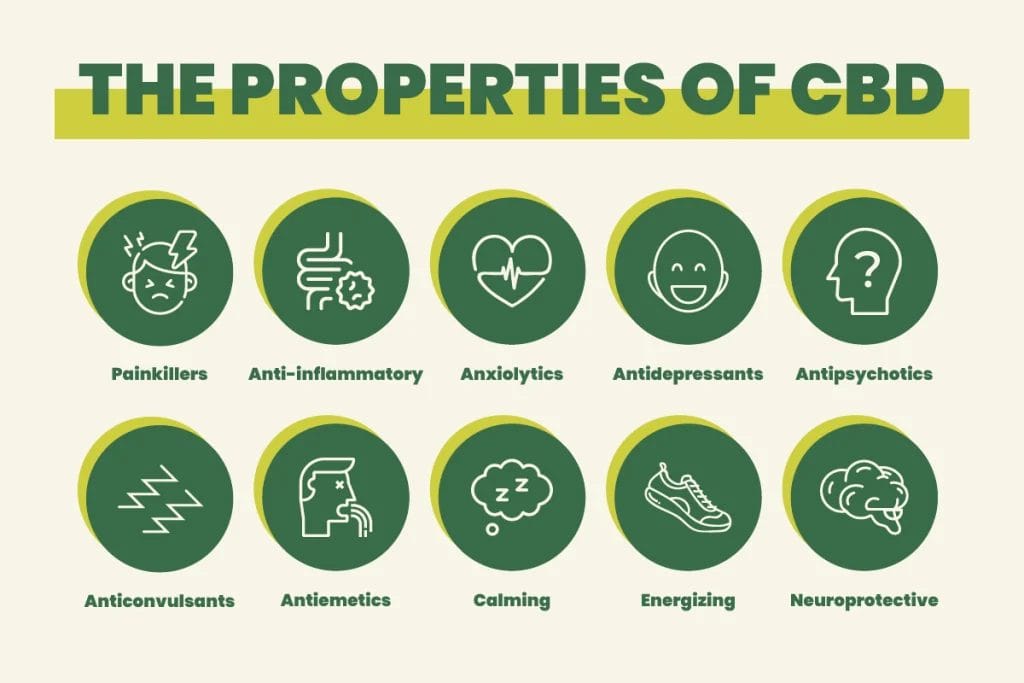
How does CBD act
CBD interacts with several systems in the human body, such as endocannabinoid system (ECS), immune system, and serotonin, dopamine receptors. These interactions explain many of its therapeutic effects.
The endocannabinoid system (ECS) is involved in regulating vital functions such as pain, inflammation, mood and sleep. CBD does not bind directly to CB1 and CB2 cannabinoid receptors like tetrahydrocannabinol (THC), but indirectly modulates their activity. For instance, CBD may increase levels of natural endocannabinoids, such as anandamide, by inhibiting the FAAH enzyme that degrades them. This effect may help improve mood and reduce pain and inflammation.
Also, CBD has immunomodulatory effects, influencing the immune system response. It can reduce inflammation by inhibiting the production of pro-inflammatory cytokines and promoting the production of anti-inflammatory cytokines.
CBD interacts with serotonin receptors, especially the 5-HT1A receptor. This receptor is involved in the regulation of mood, anxiety and stress. Activation of the 5-HT1A receptor by CBD may explain its anxiolytic and antidepressant effects. Studies have shown that CBD can reduce anxiety in acute and chronic stress conditions, improving general well-being.
Finally, CBD also modulates the dopamine receptors, which are crucial for the regulation of motor behaviour, motivation and pleasure. Even though the exact mechanism is not completely understood, CBD is believed to help stabilise dopamine levels, reducing tremors and improving motor function.
Safety and side effects of CBD
CBD is generally considered safe and well tolerated, but like any other substance, it can have side effects and drug interactions. Clinical studies and patient testimonies have shown some side effects, which tend to be mild and transient.
Common side effects include fatigue, diarrhoea, changes in appetite, and dry mouth. Less common are weight changes and lower blood pressure.
Of particular note is the fact that CBD may interact with other drugs, particularly those metabolised by the liver via cytochrome P450 enzymes. This can alter drug levels in the blood, potentially increasing the risk of side effects or reducing the efficacy of the drug. For this reason, it is essential to consult a doctor before taking CBD together with other treatments.
-
Product on sale
 CBD Oil 15% (1500mg) Full SpectrumOriginal price was: £39.00.£33.15Current price is: £33.15.
CBD Oil 15% (1500mg) Full SpectrumOriginal price was: £39.00.£33.15Current price is: £33.15. -
Product on sale
 CBD Oil 25% (2500mg) Full SpectrumOriginal price was: £59.00.£50.15Current price is: £50.15.
CBD Oil 25% (2500mg) Full SpectrumOriginal price was: £59.00.£50.15Current price is: £50.15. -
Product on sale
 CBD Oil 30% (3000mg) Full SpectrumOriginal price was: £69.00.£58.65Current price is: £58.65.
CBD Oil 30% (3000mg) Full SpectrumOriginal price was: £69.00.£58.65Current price is: £58.65.
What emerges from clinical studies
Studies in animal models have shown that CBD can protect dopaminergic neurons in the midbrain, a key area of the brain affected in Parkinson’s disease. Some research also suggests that CBD may also promote neurogenesis, the growth of new brain cells.
Some studies have indicated that CBD may help reduce motor symptoms of Parkinson’s, such as tremors, muscle rigidity and bradykinesia. However, results have been mixed and further research is needed to confirm these effects.
Some evidence suggests that CBD may improve sleep quality in Parkinson’s patients by reducing insomnia and improving night rest. This could contribute to improving patients’ overall quality of life.
There is limited evidence to suggest that CBD may help reduce motor fluctuations and dyskinesias associated with long-term levodopa use. However, further studies are needed to confirm these effects.
Considerations for CBD use with Parkinson’s disease
When considering the use of CBD for Parkinson’s disease, it is essential to pay attention to several factors to ensure the safety and efficacy of the treatment:
- Product quality: choose high-quality CBD products from reliable and certified sources, look for CBD extracts obtained from organic hemp and that undergo rigorous quality control;
- Drug interactions: always consult your doctor before starting any CBD treatment, especially if you are taking other medications;
- Medical advice: ask your doctor for advice before starting any CBD treatment regimen, your doctor can provide personalised information on the safety and suitability of CBD use for your specific case;
- Forms of administration: consider the different forms of CBD administration, such as oils, capsules, edibles or topicals; discuss with your doctor which form might best suit your needs and symptoms;
- Symptom monitoring: keep a diary of CBD symptoms and effects to monitor your response to treatment, this will help you adjust the dose and evaluate its effectiveness in managing Parkinson’s symptoms.
To discover high-quality and reliable CBD products, explore Maria CBD Oil’s range of products in our CBD shop. With scrupulous attention to quality and safety, you will find the natural support you need to relieve your body and mind.
Always remember to talk to your doctor before starting any new treatment or supplement, including CBD. Your health comes first.
 Contact us
Contact us 


